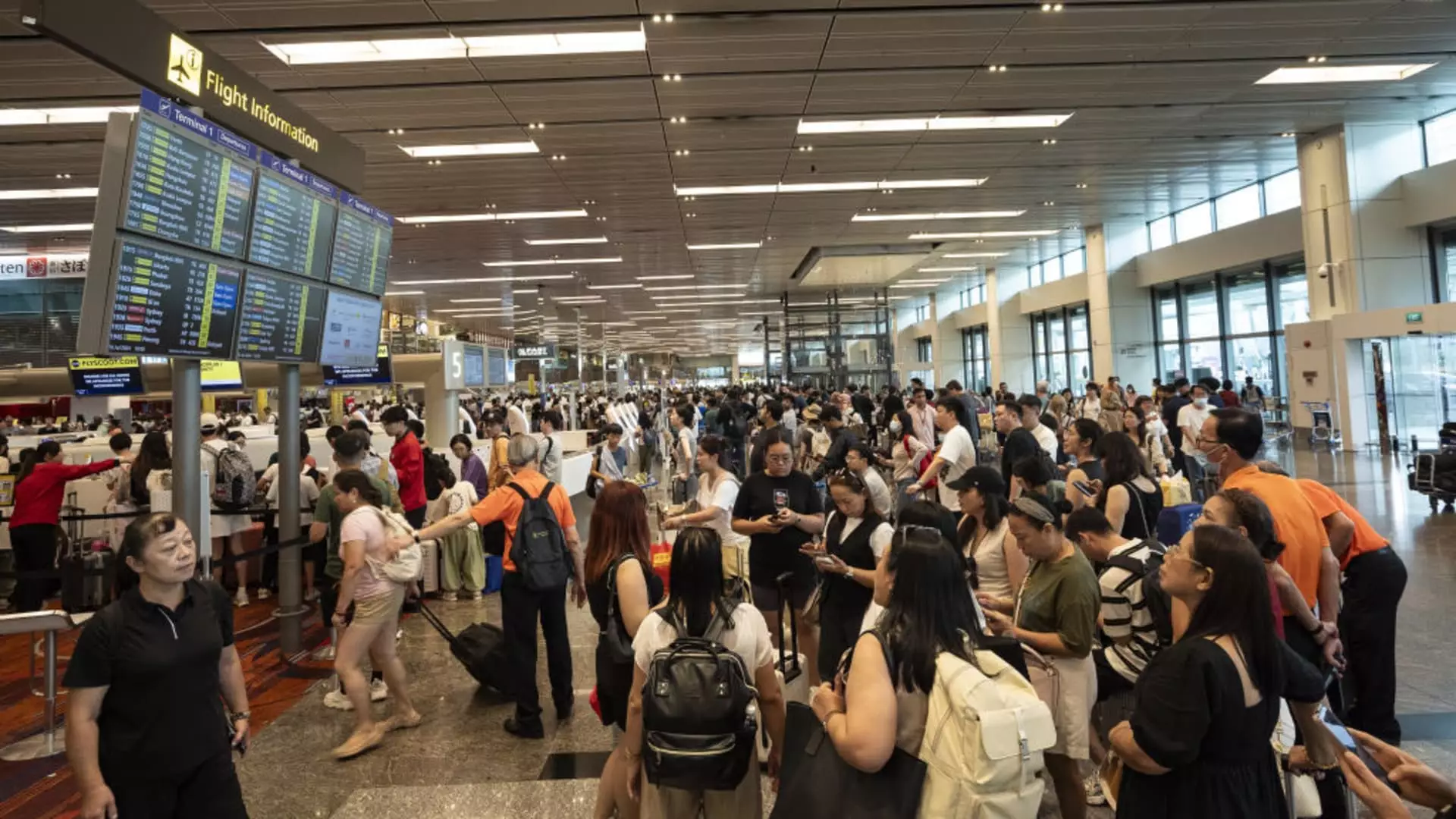The global business landscape is in a state of flux as organizations grapple with the consequences of a faulty software update issued by cybersecurity firm CrowdStrike. As companies strive to regain normalcy following the significant disruptions caused by this incident, opportunistic cybercriminals are taking advantage of the ensuing chaos. Recent reports from government cybersecurity agencies and CrowdStrike’s CEO, George Kurtz, underscore the urgency for businesses and individuals to exercise caution amid growing cases of phishing scams. These scams involve malicious actors impersonating CrowdStrike employees and other technology experts, aiming to exploit the vulnerability created by the incident.
In the wake of the software update debacle, the UK Cyber Security Center has reported a surge in phishing attempts targeting companies and individuals. These attacks are particularly insidious as they leverage the current crisis, creating a façade of legitimacy to deceive unsuspecting victims. The warnings issued by Kurtz reflect a broader concern that adversaries will invariably seek to exploit such vulnerabilities. He emphasized the importance of discerning authentic communications, urging organizations and individuals alike to confirm the credentials of those claiming to offer assistance.
The consequences of the cybersecurity malfunction extended beyond individual businesses to affect global transportation networks. Following the chaotic Friday event, data from FlightAware revealed that airlines worldwide had canceled over 1,500 flights by Saturday morning. Although this marked a significant improvement from the 5,100 cancellations recorded the previous day, it still underscored the considerable logistical challenges faced by air travel operators, particularly in the United States. Compounding the issue, former airline executive Robert Mann highlighted that the disproportionate impact on U.S. airlines may be attributed to a reliance on third-party technology and the installed base of Microsoft operating systems vulnerable to the update fallout.
Aside from the travel sector, healthcare facilities were severely impacted, leading to clinic closures and the rescheduling of surgeries and appointments. In Los Angeles, Cedars-Sinai Medical Center made notable strides to restore its systems while acknowledging the difficulties encountered during the crisis. The incident raised critical questions about the reliance of healthcare providers on digital infrastructure without adequate backup systems. A member of the Austrian Chamber of Doctors, Harald Mayer, emphasized that digital reliance poses serious risks, advocating for robust alternative protocols to ensure uninterrupted patient care.
The incident has brought to light the imperative for organizations across sectors to rethink their cybersecurity strategies. As the interconnectedness of digital systems renders them vulnerable to widespread disruptions, there is an urgent need for businesses to conduct risk assessments and implement contingency plans. The recent challenges faced by healthcare systems in Austria serve as a clarion call for authorities to establish stringent patient data protection measures and to ensure that medical providers are trained for crisis management. Preparing for unpredictable events should not be an afterthought but rather a foundational aspect of operational resilience.
As the world recovers from the ramifications of this cybersecurity crisis, it becomes evident that organizations must prioritize fortifying their defenses against future attacks. This incident serves as a reminder of the fragility of our interconnected systems and the potential harm that can arise from inadequate preparedness. The emphasis on vigilance, training, and adherence to cybersecurity protocols is vital for ensuring that businesses not only survive but thrive in an increasingly complex digital landscape. Moving forward, it is crucial to foster a culture of awareness and resilience, engaging stakeholders across all sectors in a concerted effort to bolster defenses against future cyber threats.


Leave a Reply